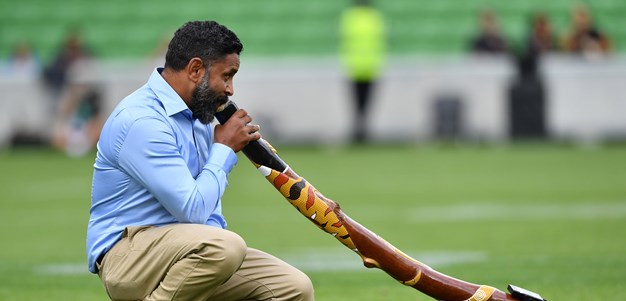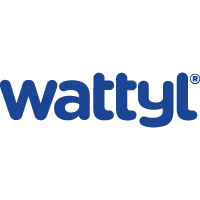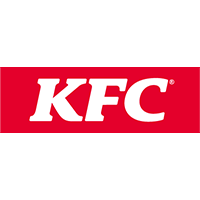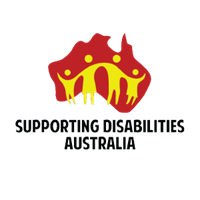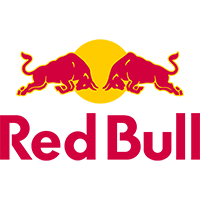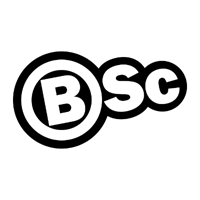
The national anthems performed before Friday night's Harvey Norman All Stars clash in Melbourne will highlight how much more established Maori culture is within New Zealand and the power the game has to influence change for Australia's Indigenous communities.
While the first verse of the New Zealand anthem is now commonly sung in Maori, it only gained acceptance after a heated public debate over Hinewehi Mohi's performance of "E Ihowa Atua" before a 1999 Rugby World Cup match between the All Blacks and England at Twickenham.
Mohi had previously performed the Maori version before a Kiwis Test but it had never been sung at an All Blacks match and officials ensured God Defend New Zealand was only sung in English at the team's remaining World Cup fixtures because the players didn't know the words.
Fast forward 20 years and the singing of the New Zealand anthem in both languages is as much a part of the pre-match experience at All Blacks or Kiwis Tests as the haka, while Maori is widely taught in schools and Prime Minister Jacinda Ardern wants to make it compulsory.
Gagai's special welcome into Maori camp
NRL officials had hoped an Indigenous version of the Australian anthem could also be performed before All Stars but protocol requires it to be sung in the language of the traditional custodians of the land on which AAMI Stadium sits and Advance Australia Fair has never been translated into Woiwurrung.
The Australian anthem was performed in a variety of Aboriginal languages at matches during last year's NRL Indigenous Round and the positive response demonstrates how the game has been helping to change attitudes since the introduction of the All Stars concept in 2010.
That’s what this game tries to do. It raises questions, it highlights issues
NRL senior manager Indigenous strategy Mark Deweerd
That same year the Australian anthem was sung in Darug before State of Origin at ANZ Stadium and attracted a backlash from some fans – much as Mohi's performance of God Defend New Zealand in Maori had in 1999.
"That’s what this game tries to do. It raises questions, it highlights issues, it celebrates success and it generates conversations," NRL senior manager Indigenous strategy Mark Deweerd said.
"A lot of the change, particularly in rugby league, is a direct result of the success of All Stars and that’s backed not only by the NRL being prepared to raise those questions but the players getting behind and driving it by being part of the community events."
RLPA chief executive Ian Prendergast told players at last weekend's NRL Indigenous cultural leadership camp that All Stars gave them an opportunity to influence community attitudes and said the way Maori culture was entrenched in New Zealand provided an example of what could be achieved.
Indigenous Women spoilt with coaching staff
"If you look at the way they respect the Maori culture and why it is important through the anthem, the haka and the way it is ingrained in their education system, there is a lot we can learn," Prendergast told NRL.com.
"They have got much more understanding, respect and empathy for the Indigenous people of their land and I think that is a good starting point to influence positive change with respect to how we work with our Indigenous people.
“If you look at history in this country, often it is when sports people have stood up and taken a stand against overt forms of racism which have shifted attitudes.
"By bringing the two teams together for this match, we have an opportunity to share stories and learn about how we can use rugby league as a really powerful for change."
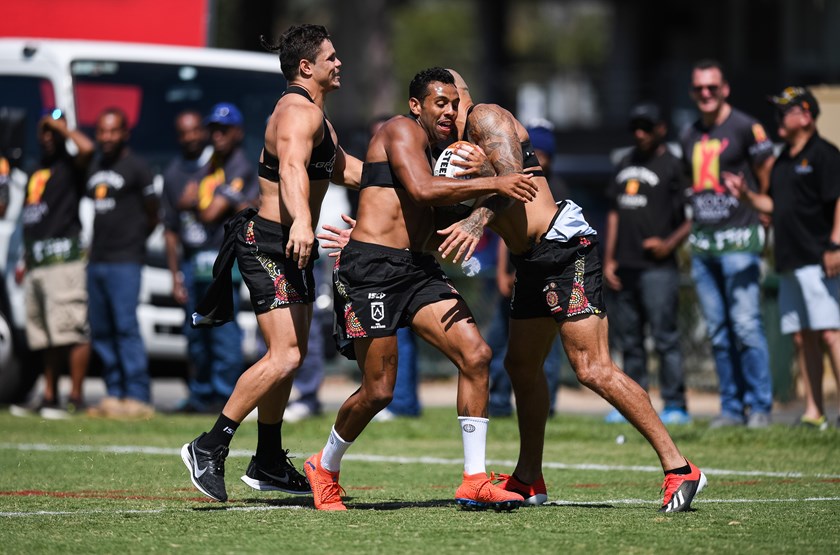
The Indigenous All Stars will perform the war dance which players have been developing since 2014 and hope will eventually be adopted like the haka has been in New Zealand.
The most significant difference between the two countries is the fact New Zealand has the Treaty of Waitangi, which was signed in 1840 with the intention of protecting Maori rights over their land, forests, fisheries and treasures.
In contrast, the only treaty negotiated with Aboriginals in Australian colonial history was between John Batman, the European founder of Melbourne, and a group of Wurundjeri elders in 1835, which was immediately voided by Governor of NSW, Richard Bourke.
However, the Maori population face similar issues to Indigenous Australians, such as higher unemployment, greater rates of imprisonment, poorer health conditions and lower life expectancy than other New Zealanders.
New Zealand Maori Rugby League president John Devonshire said the inclusion of the team in All Stars was a boost for Maori communities in New Zealand and Australia.
"At this level, this is only the third time a Maori team has been able to play," Devonshire said. "We played in 2008 at the World Cup in Sydney, we played 2010 at Mt Smart against England and this is the first opportunity we have had to play since then.
"Our coach Stacey Jones has never donned a Maori jersey, [assistant coach] Nathan Cayless is the same, you have Adam Blair, our captain, saying that this jersey will be one he gets framed because it has special meaning and a young guy like Kalyn Ponga is gaining an understanding of what it means to be Maori.
"What this game is doing in our communities is creating a connection and it gives our younger people an aspiration."
The views in this article do not necessarily express the opinions of the NRL, ARLC, NRL clubs or state associations.


